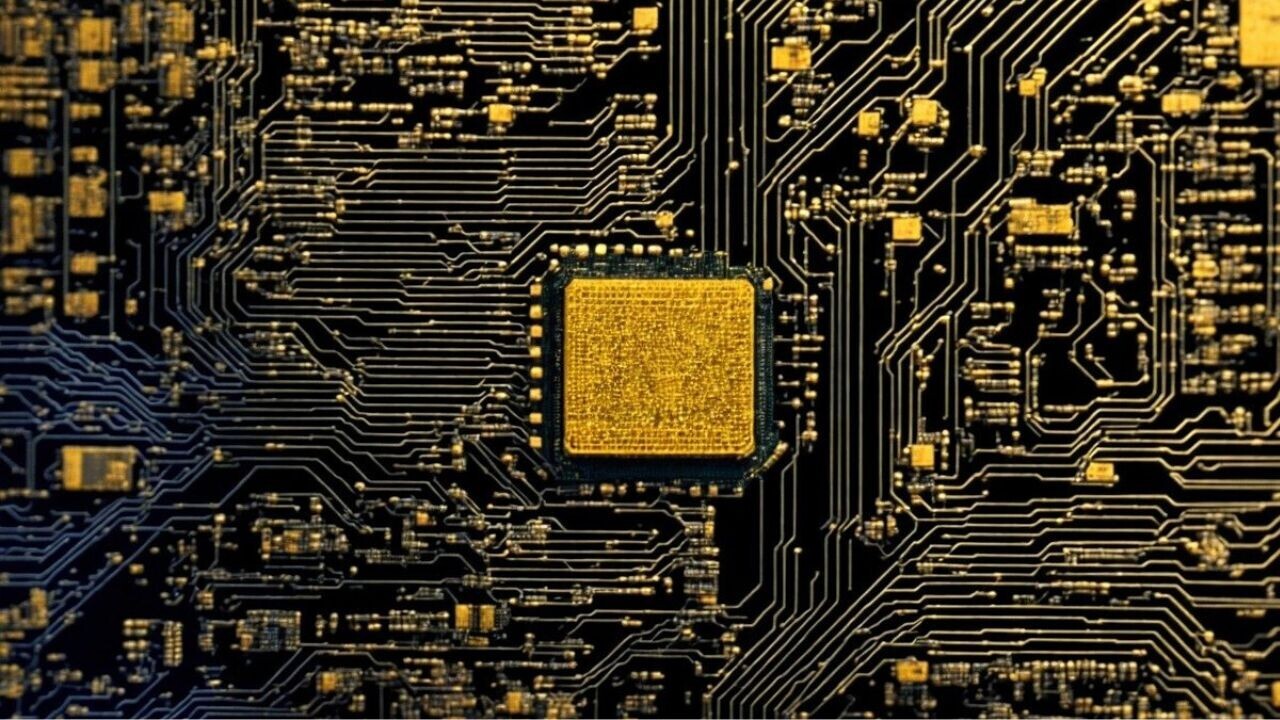The European Commission today approved €5bn in German state aid to support TSMC's chip plant in Dresden — its first in Europe.
Dubbed European Semiconductor Manufacturing Company (ESMC), the fab is a joint venture between the Taiwanese chip giant, the Netherlands' NXP, and Germany's Bosch and Infineon.
TSMC will own 70% of the factory, while the European chipmakers will each have a 10% equity stake.
The €5bn state aid is part of the EU's Chips Act, which aims to increase the bloc's share of global chip production to 20% by 2030. It's also the biggest grant to date under the act (providing about half of the estimated +€10bn investment needed for the fab) — and for good reasons.
The first (obvious) one is TSMC's key position in the global semiconductor supply chain.
The upcoming plant also meets the act's requirement of a “first-of-kind” facility that mass-develops technology which doesn't currently exist in the Union.
ESMC will deliver high-performance chips, based on 300mm silicon wafers with node sizes covering 28/22nm and 16/12nm. It will use field-effect transistor (FinFET) technology — a type of transistor design that improves performance and energy efficiency.
Expected to reach full operational capacity by 2029, the fab will produce 480,000 silicon wafers per year. It will provide semiconductors for automotive and industrial applications.
As part of the deal, ESMC will operate as an “open foundry,” meaning that any customer (besides the four shareholders) will be able to order specific chips.
“[This] will ensure widespread access to power-efficient chips, including by smaller companies and startups, while limiting any potential distortion of competition,” EU competition chief Margrethe Vestager said in a statement.
Attracting global tech giants
Attracting chip giants to the bloc, through financial incentives and favourable regulation, is a crucial part of the EU's strategy to increase domestic production.
Alongside TSMC, Intel has also committed to build a €30bn mega fab in Germany for highly-advanced chips. If the plan goes through — which is not guaranteed, given the company's recent financial woes — the plant will deliver chips for applications such as AI and high performance computing (HPC).
But amid fierce global competition and an increasingly unstable geopolitical landscape, it's unclear whether the EU will actually hit its targets.
